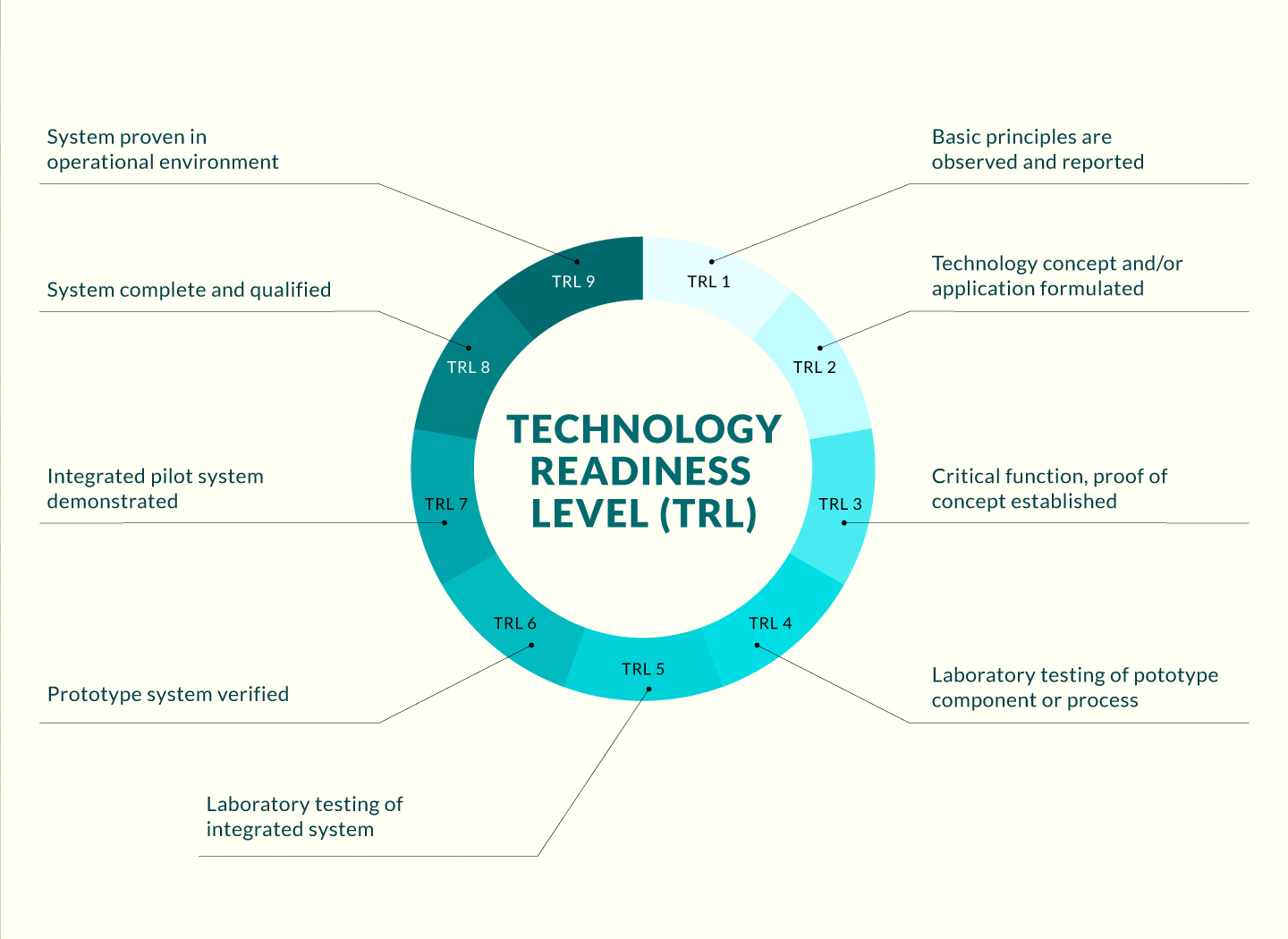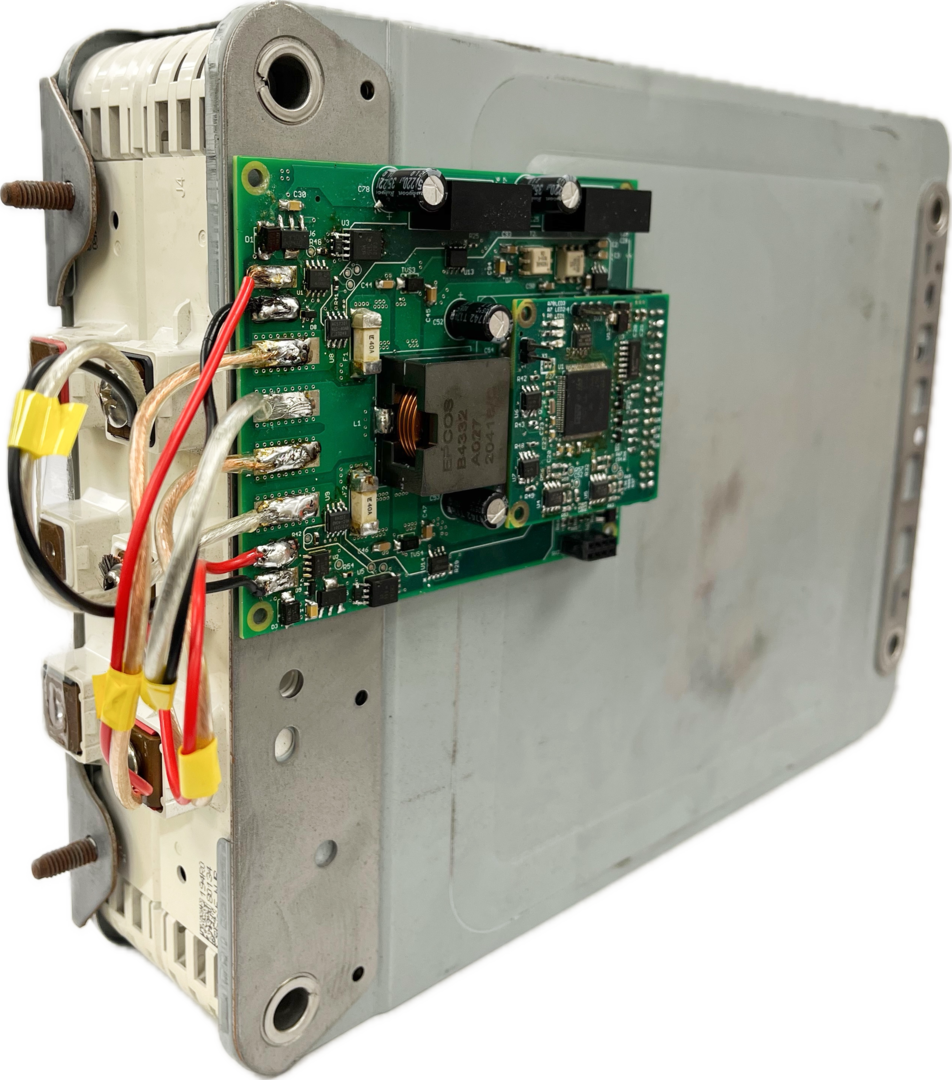
Opportunity
With the growing number in electric vehicles (EVs), a significant increase in retired EV batteries is anticipated in the future. Despite their retirement, these batteries still retain a substantial percentage of their electricity storage capacity, typically ranging from 70% to 80%. Repurposing them for stationary energy storage can contribute to environmental, social, and governance (ESG) objectives. We can lessen the need for new battery production, minimize the associated environmental impact, enable the creation of local storage solutions for renewable energy, and enhance energy accessibility and resilience in communities. Due to the varying characteristics of individual battery cells within an EV battery pack after prolonged use, measures such as health monitoring and cell balancing are crucial. The proposed autonomous energy routing and redistribution technology with advanced health monitoring capabilities can manage and optimize the performance and longevity of the battery packs, enhancing their contribution to ESG objectives.
Technology
The proposed invention introduces an energy recycling technology for monitoring battery health and an autonomous energy routing and redistribution technology for cell balancing. To assess the health of battery cells, a paired operation is employed, with one cell in charging mode while the other is in discharging mode, and vice versa. By sampling voltage and current data during these periods, intrinsic battery parameters, and thus the heath condition, are estimated using a computational intelligence algorithm. The energy recycling mechanism ensures environmentally friendly health monitoring with minimal power dissipation (ideally zero power dissipation), allowing for increased power handling density and extended testing durations. The energy routing and redistribution technology utilizes a power converter to aggregate stored energy from batteries onto a high-frequency AC link. The natural response of the passive battery current control circuit is then leveraged to autonomously determine the charging or discharging mode. This enables individual battery cells to charge or discharge to other cells via the AC link, eliminating the need for complex circuits.
Advantages
-
The modular-based architecture offers scalability, flexibility, easy installation, mobility, and simplified maintenance, making it a versatile and practical solution for diverse applications.
-
Battery cells can autonomously charge to or discharge from other battery cells in the battery pack.
-
The architecture is cost effective, lightweight, small volume, and high reliability.
-
The energy consumption for assessing the health condition of batteries is extremely low, theoretically approaching zero.
-
Accurate determination of battery state-of-charge (SoC) and state-of-health (SoH) can be achieved by extracting battery intrinsic parameters.
Applications
- Solar-powered energy storage systems
- Movable charger for electric vehicles
- Power conditioner for enhancing power quality
- Battery management systems for large-scale battery-supported systems, such as electric vehicles, electrified ships, etc.




